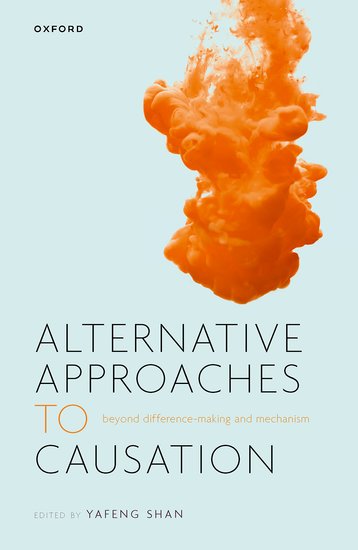
Causation is one of the most controversial topics in philosophy. There is a wide range of philosophical accounts of causation, for example, the regularity account, the probabilistic account, the counterfactual account, the interventionist account, which can be all classified as 'difference-making' accounts; and the mechanistic account. Many argue that only one of these accounts is correct as there is only one type of causal relation (causal monism), while others maintain that there are multiple types of causation (causal pluralism). In addition, there are eliminativists argue that science has no need of causation at all, while primitivists maintain that causation is unanalysable. Recently, the difference-making and mechanistic approaches have dominated recent philosophical discussion of causation. Other approaches and positions have been insufficiently discussed and assessed, especially in the context of philosophy of science.
This volume explores and examines alternative approaches to causation. It revisits causal primitivism and causal eliminativism in the context of recent literature. It further explores the pluralistic approach, the fictionalist approach, the inferentialist approach, and the informational approach. It also examines the application of the dispositional approach, the epistemic approach, and the powerful particulars approach to the natural and social sciences.
Overall, the volume is complementary to the recent discussion on the difference-making and mechanistic approaches and sheds new light on the metaphysical, epistemological, conceptual and methodological issues on causation. As such, it provides foundations for further research and teaching of this hotly debated topic.
